
With professional support from experts at Ruijin Medical University Hospital (China), doctors at the Cardiovascular Institute, 108 Military Central Hospital successfully performed cryoballoon ablation for a male patient, 32 and 50 years old, both with a history of recurrent atrial fibrillation despite medication.
One day after the procedure, the patient was able to walk and do normal activities, no complications were recorded, and the heart rate returned to normal.
Atrial fibrillation is a common heart rhythm disorder, especially in middle-aged and elderly people. In Vietnam, it is estimated that hundreds of thousands of people suffer from this disease. Atrial fibrillation not only affects the quality of life but also increases the risk of serious complications such as stroke, heart failure, and sudden death.
Currently, atrial fibrillation ablation techniques mainly use radio frequency (RF) energy, requiring specialized 3D electrical mapping systems (very expensive), long intervention time, and difficult to perform because it requires high experience from the performing team.
Cryoballoon ablation is a new ablation technique that uses deep cold temperatures (from -40 to -60 degrees Celsius) to electrically isolate the pulmonary veins – the origin of most atrial fibrillation foci. The balloon is inserted into the pulmonary veins, then cooled at the contact point to create a lesion area, preventing the transmission of arrhythmia signals.
Outstanding benefits of this method include: No need for 3D imaging system, short procedure time (about 1 hour), relatively fast learning and mastering time, high safety and efficiency.
Currently, the cryoablation technique has only been implemented at 2 cardiovascular centers in the country but in limited numbers. With outstanding advantages in technical implementation, effectiveness and safety, this technique promises to be expanded soon, becoming one of the useful treatment options for atrial fibrillation patients in Vietnam in the near future.
Source: https://nhandan.vn/dieu-tri-rung-nhi-bang-ky-thuat-moi-bong-ap-lanh-post896134.html


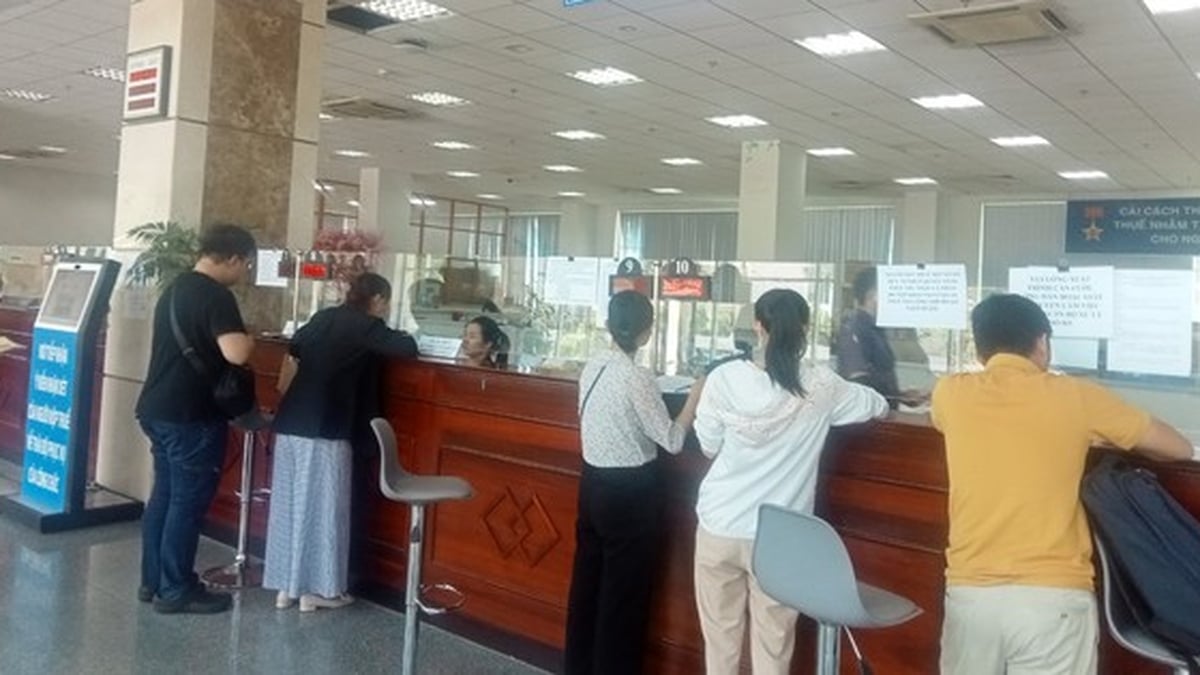
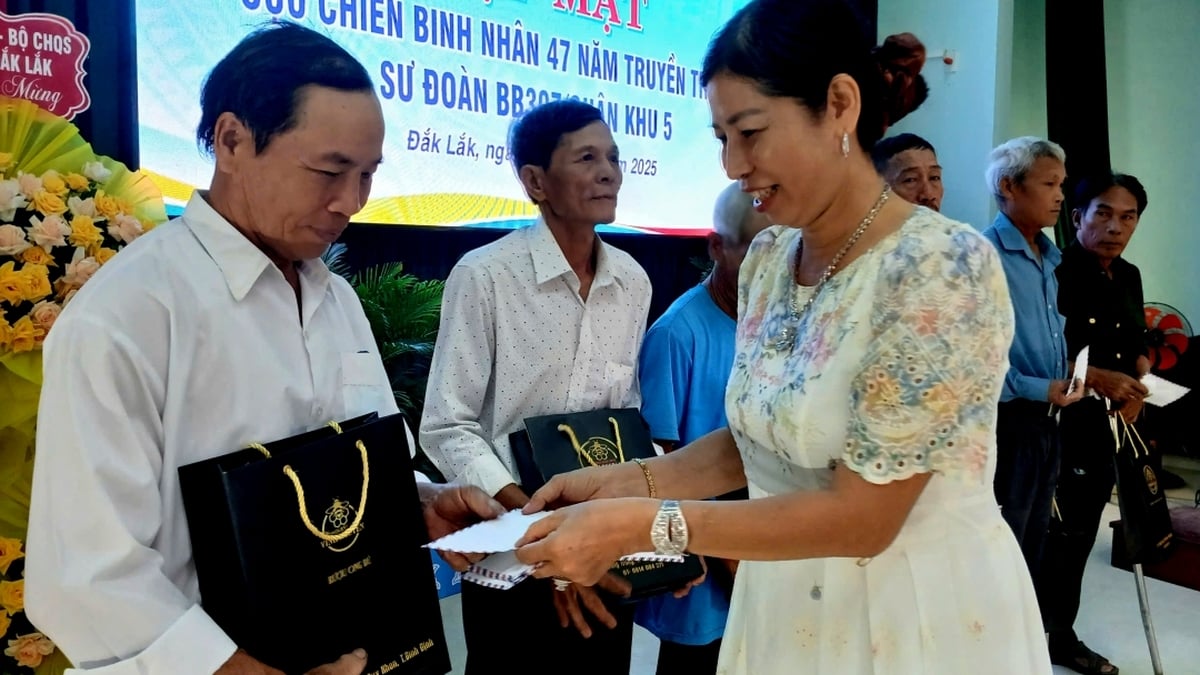
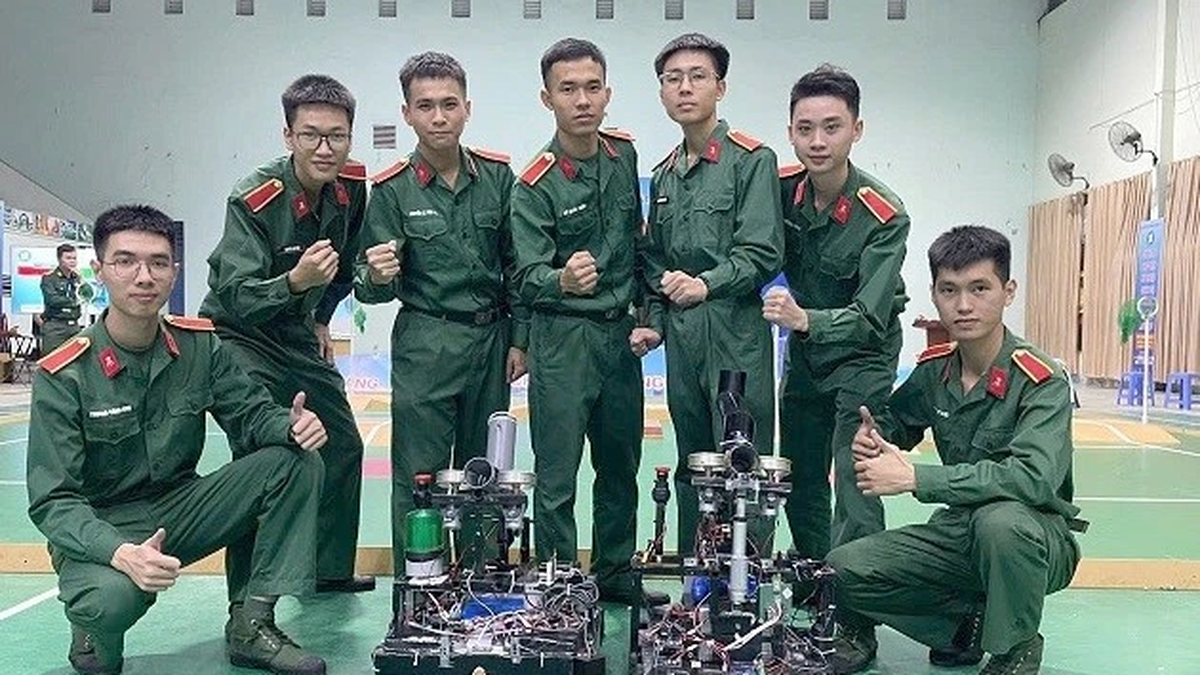
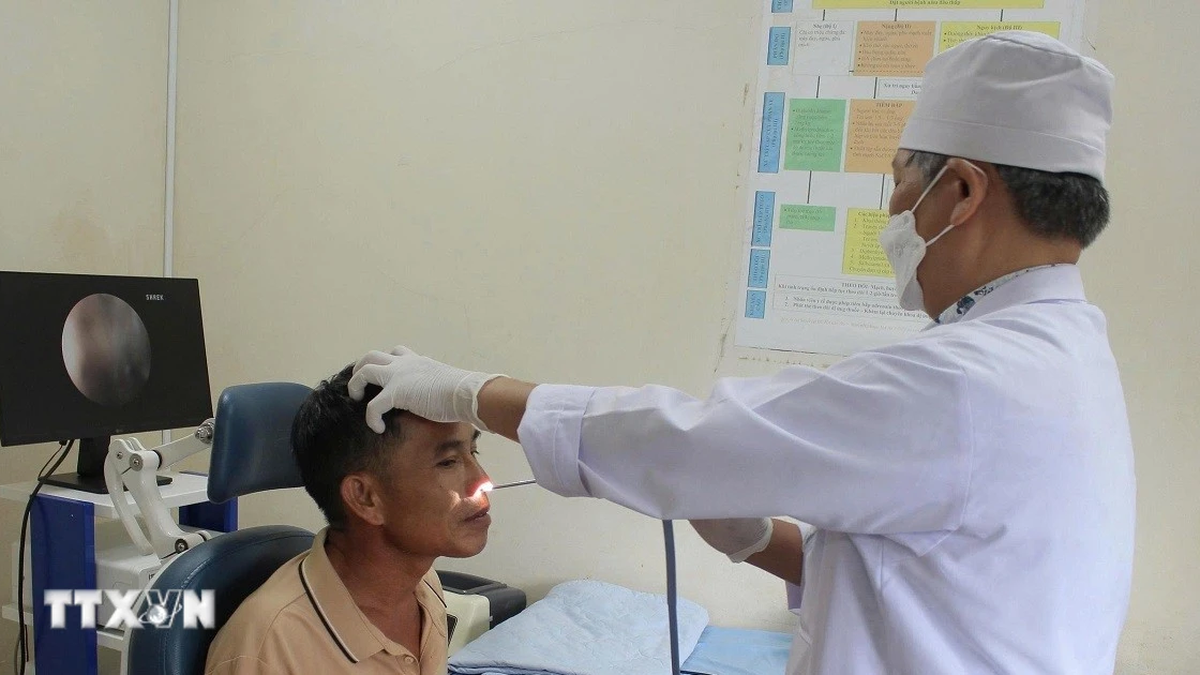
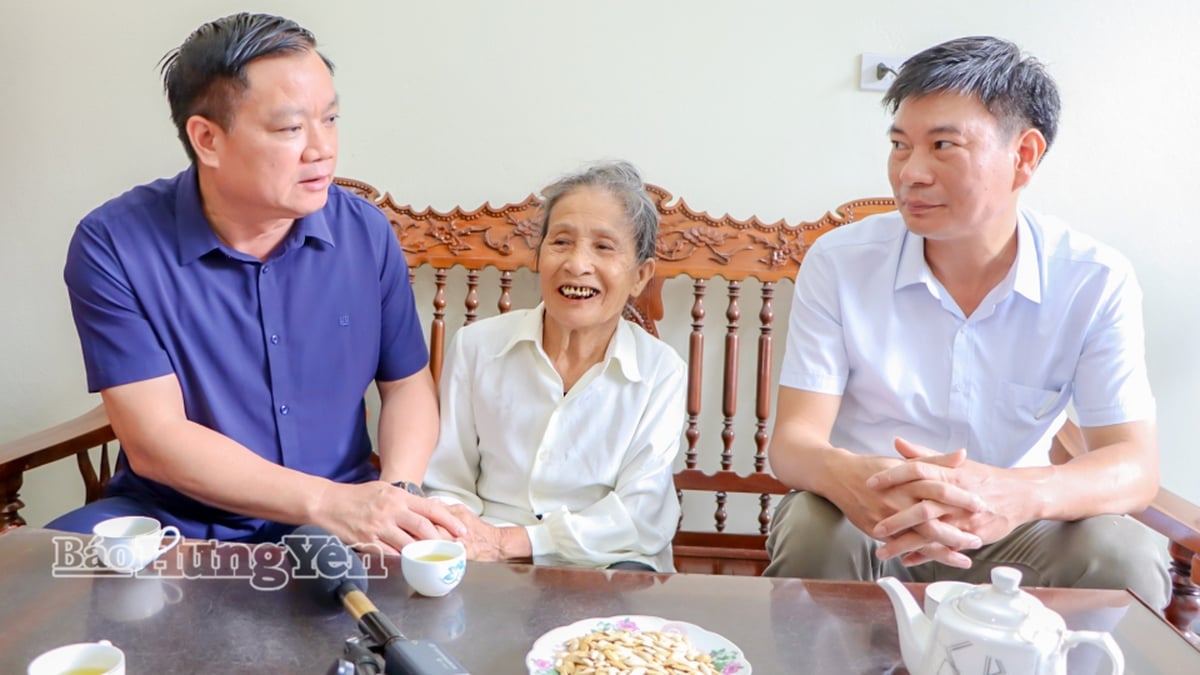
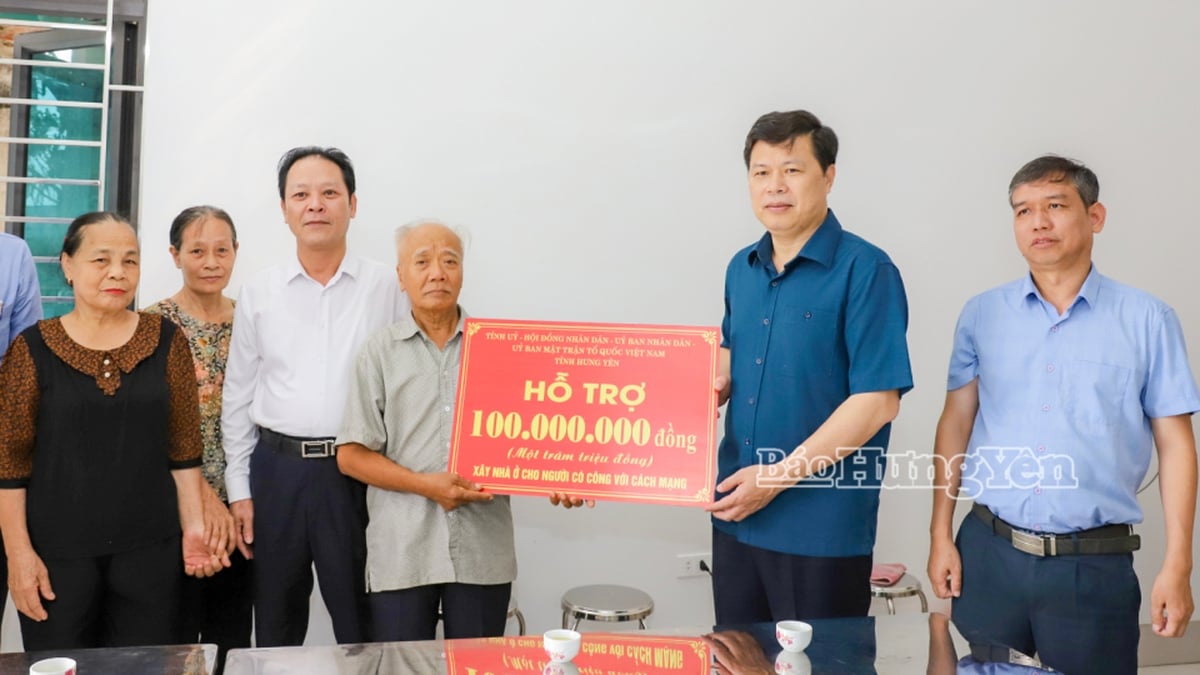

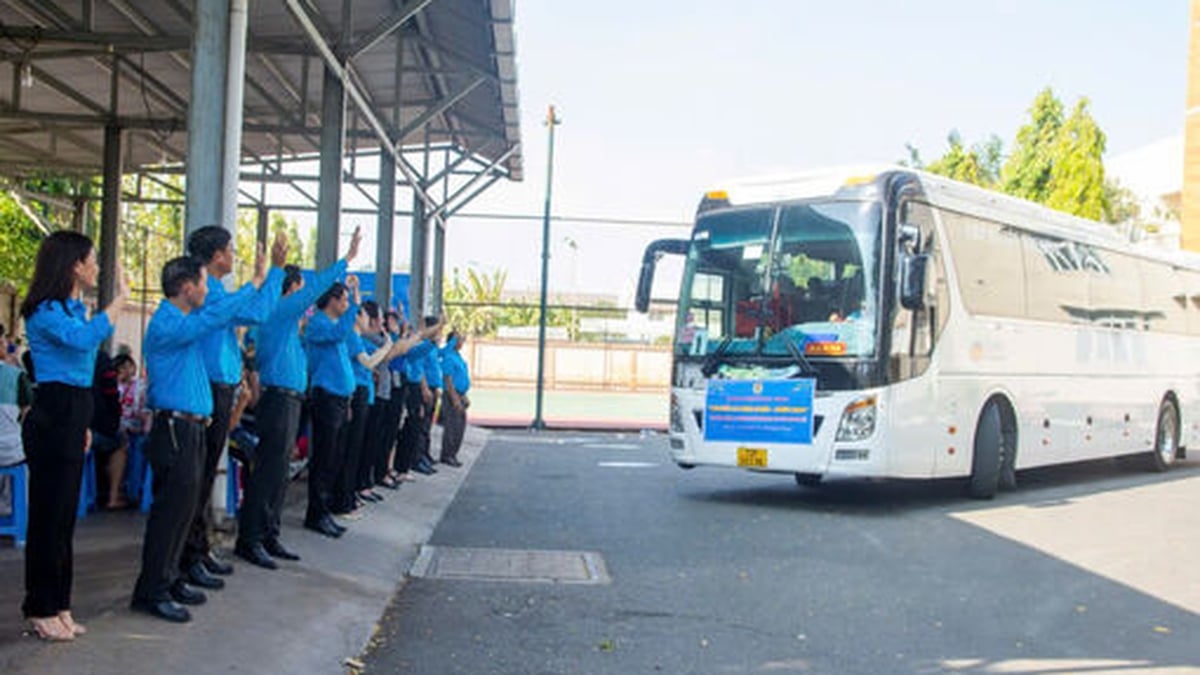
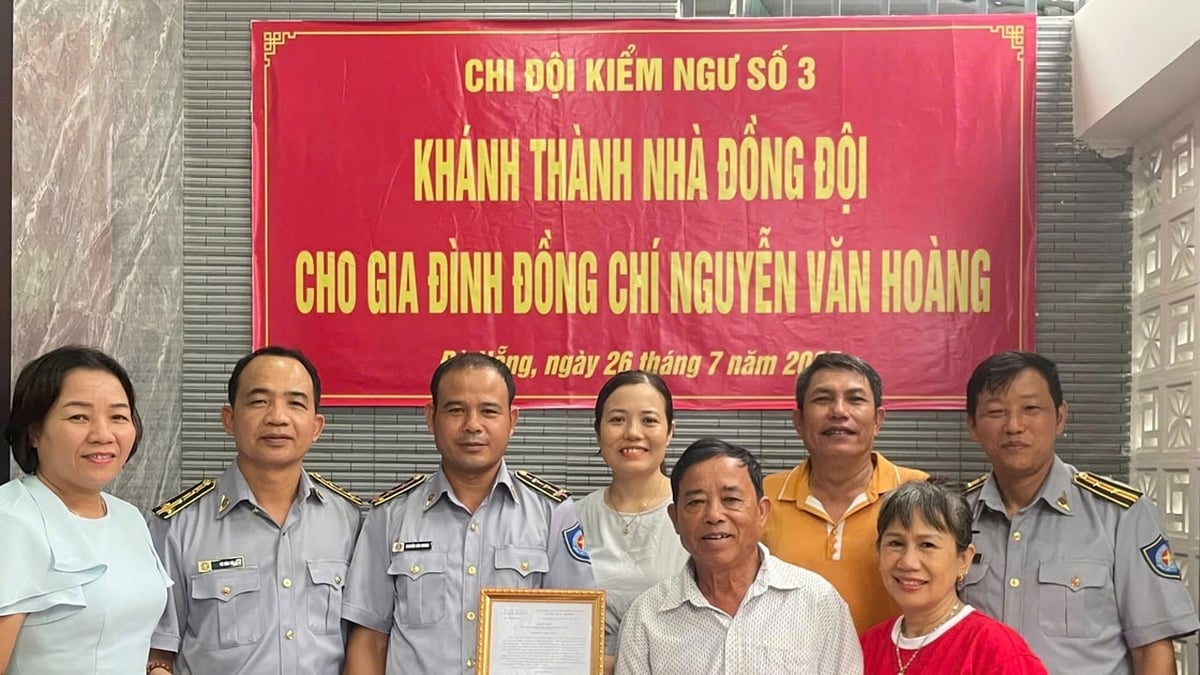
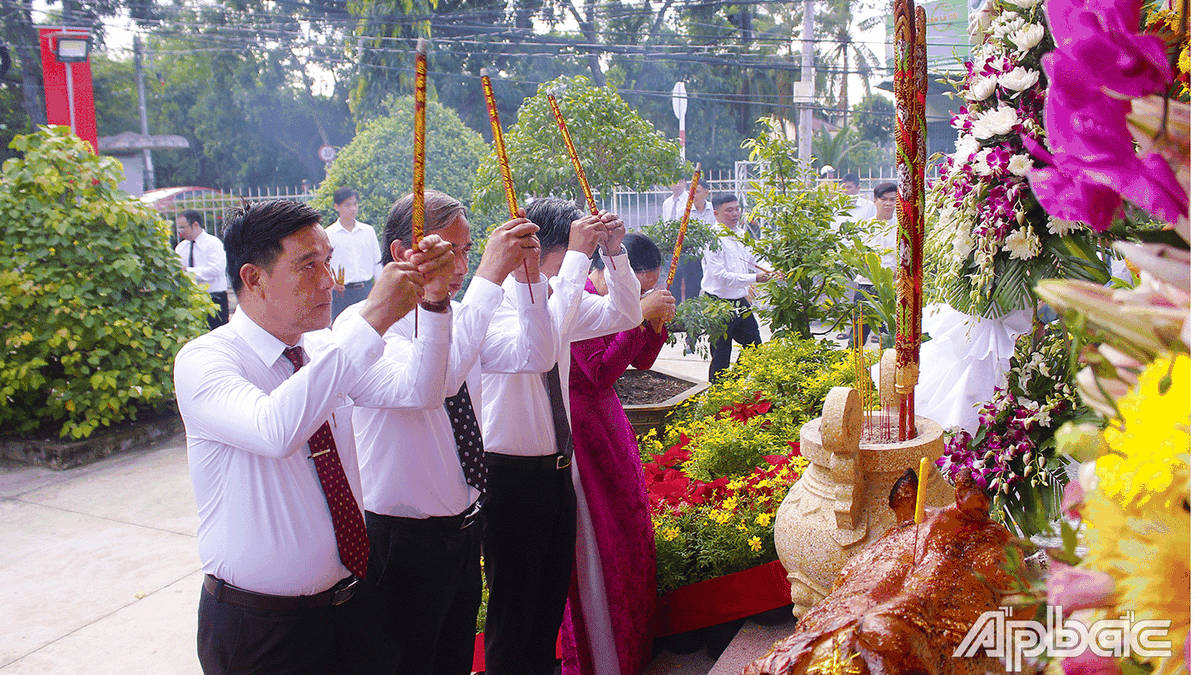



















































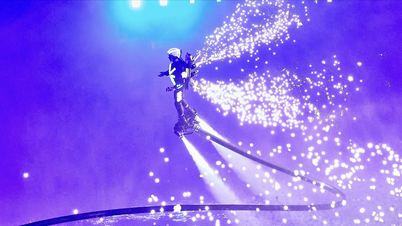

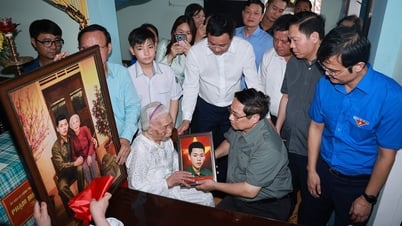
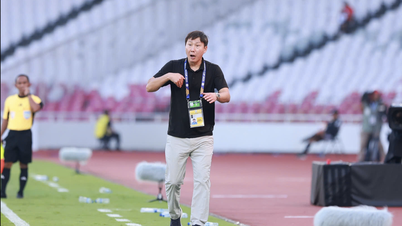










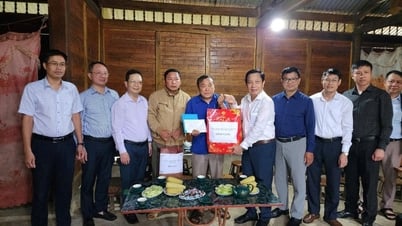
























Comment (0)